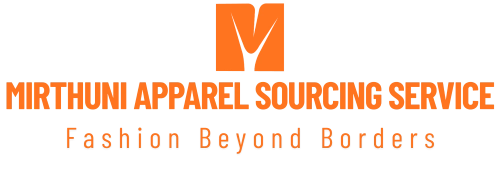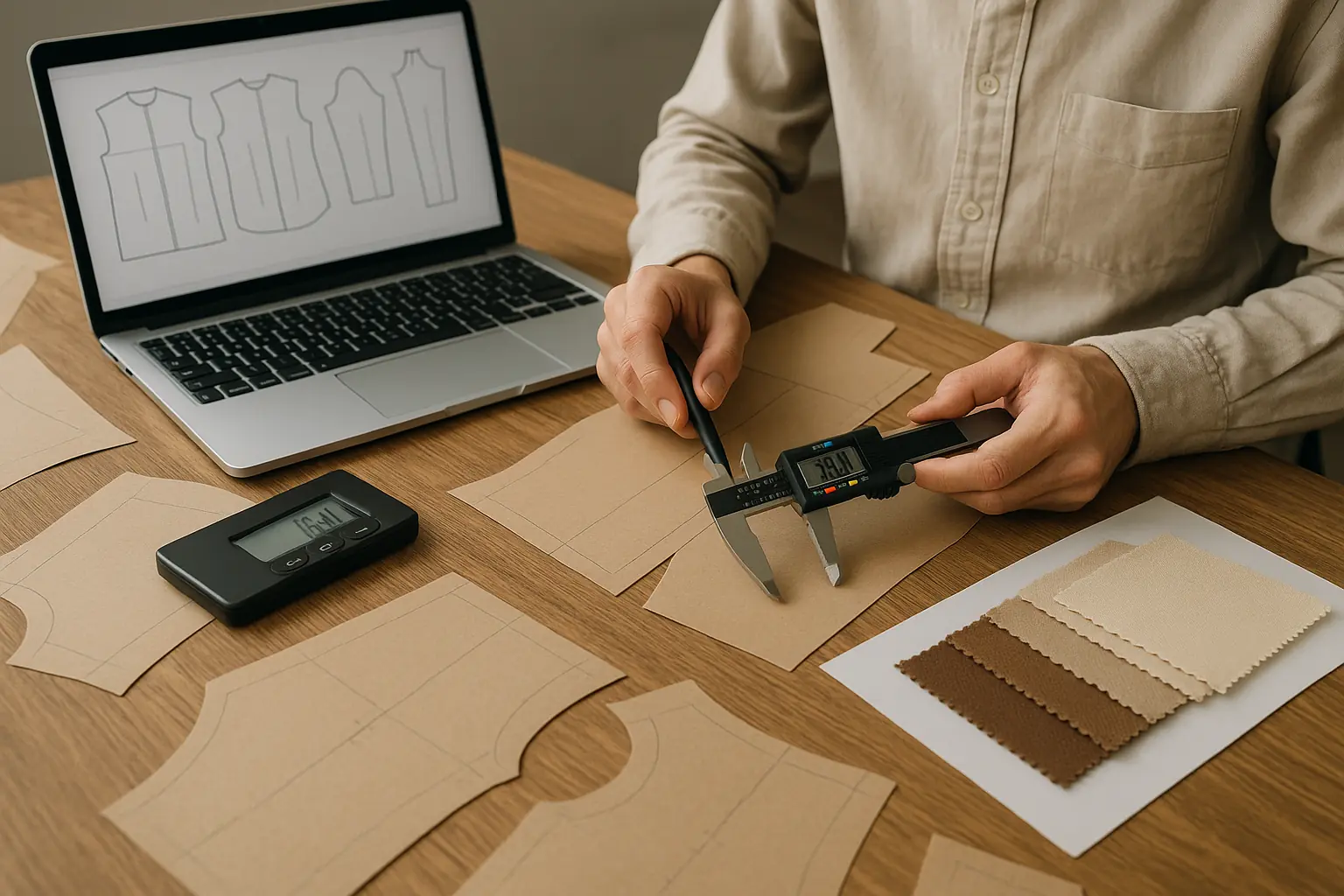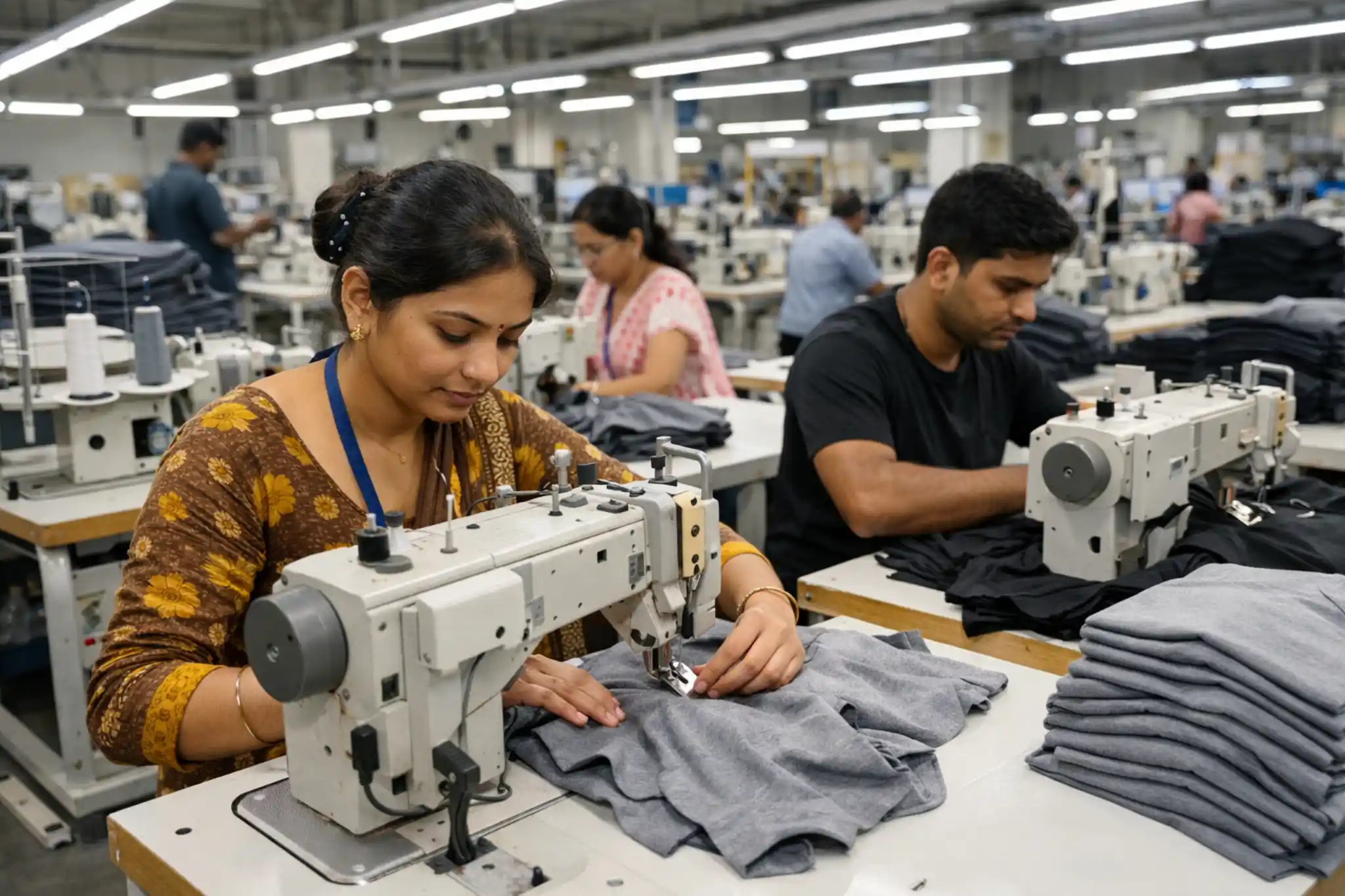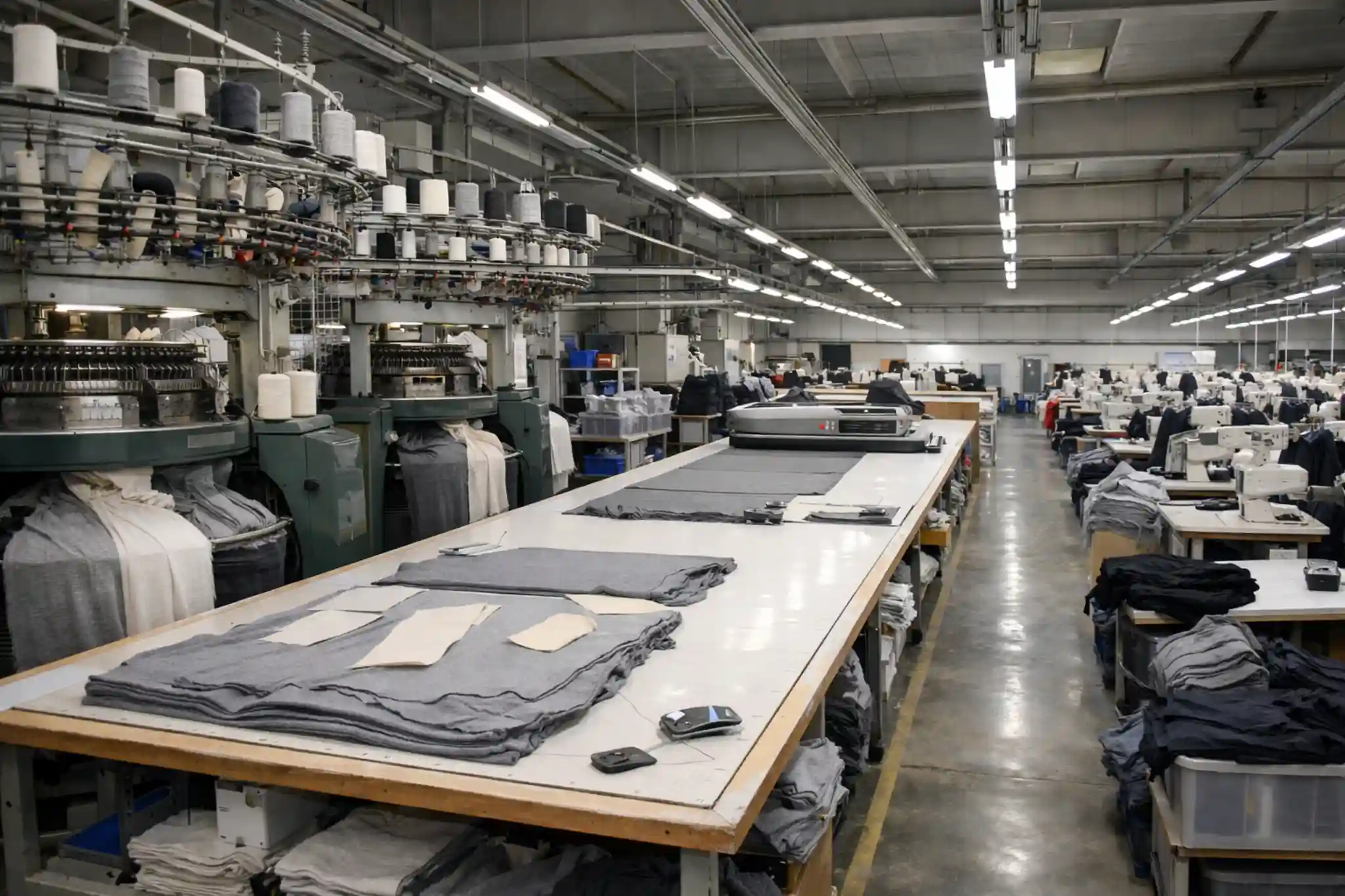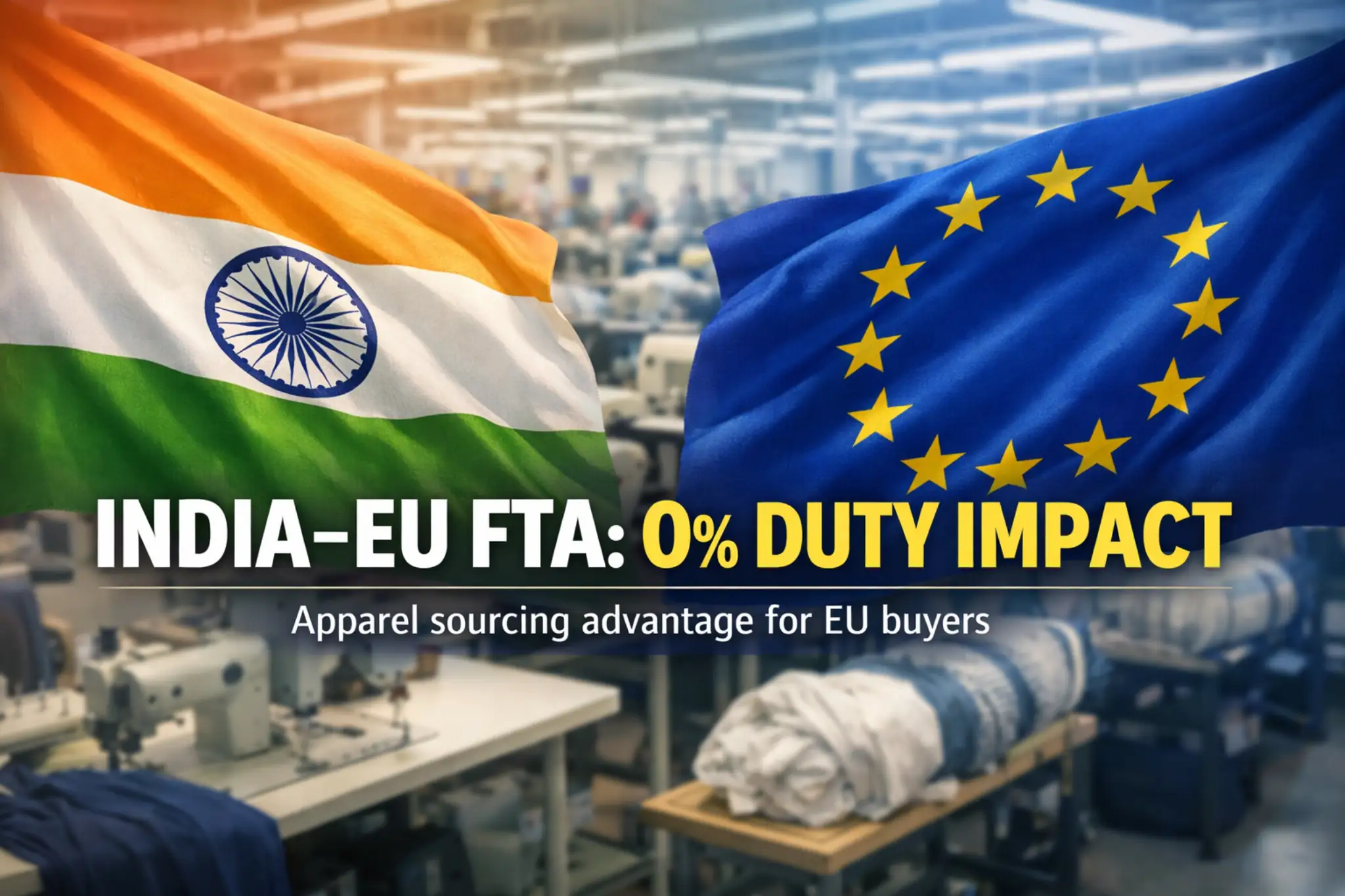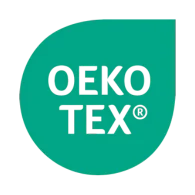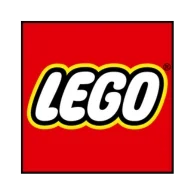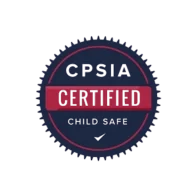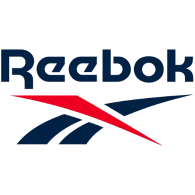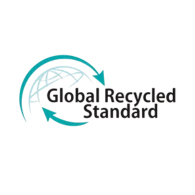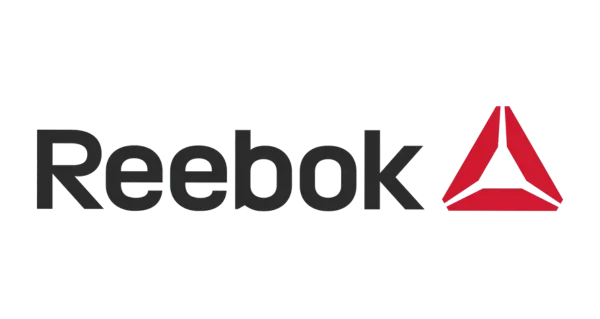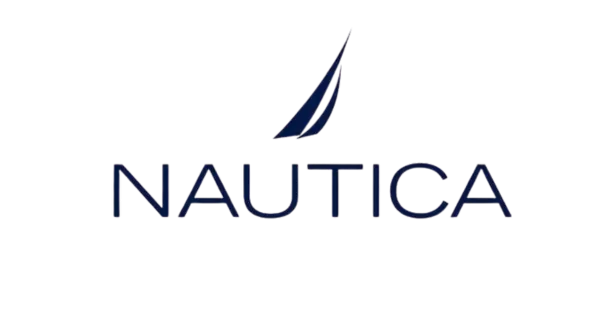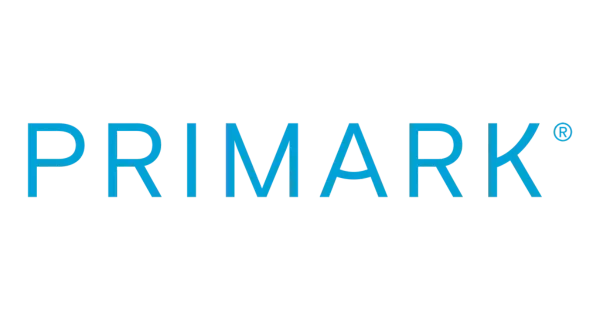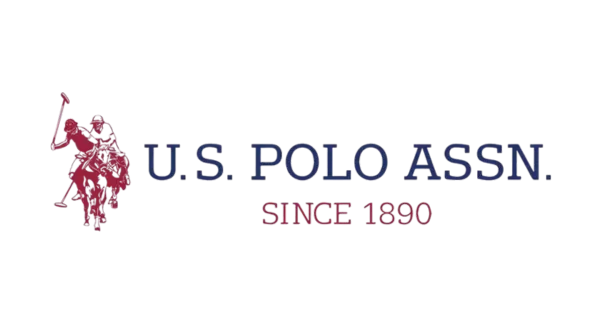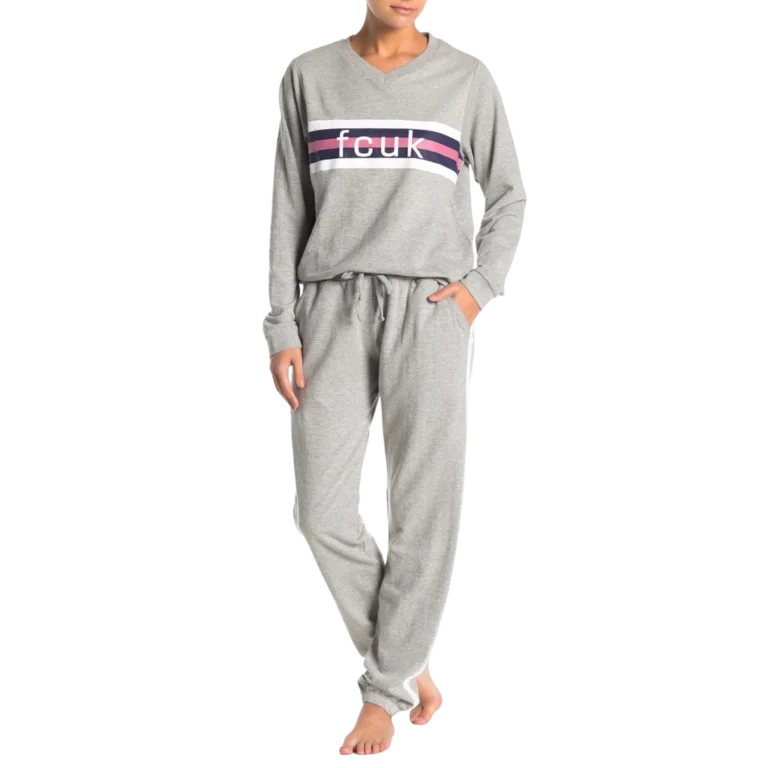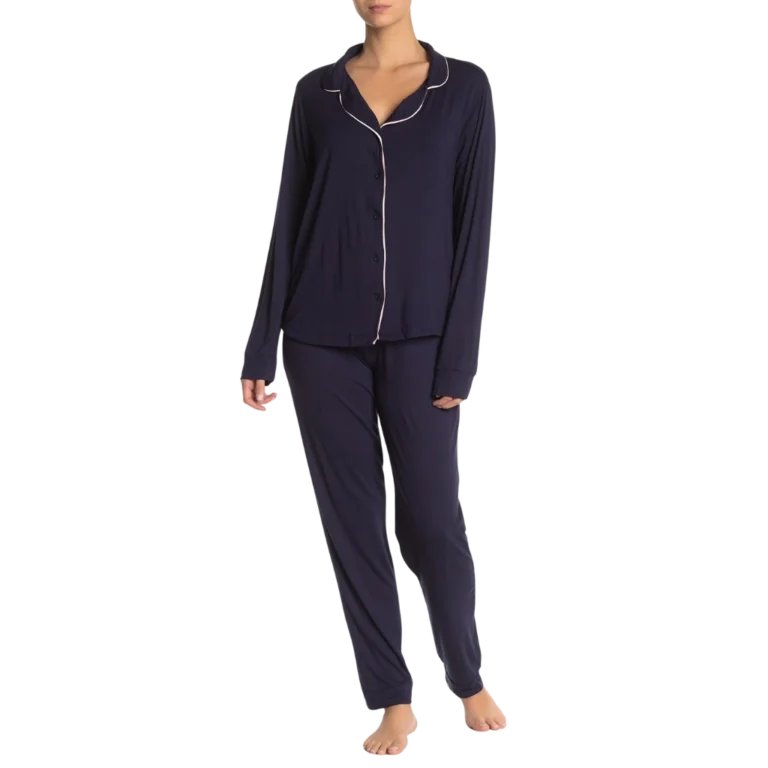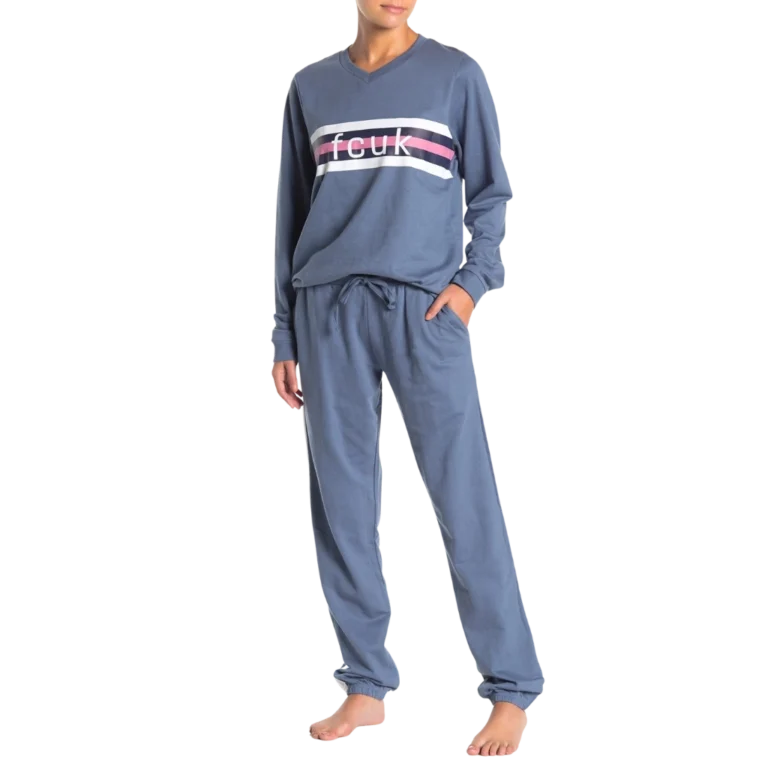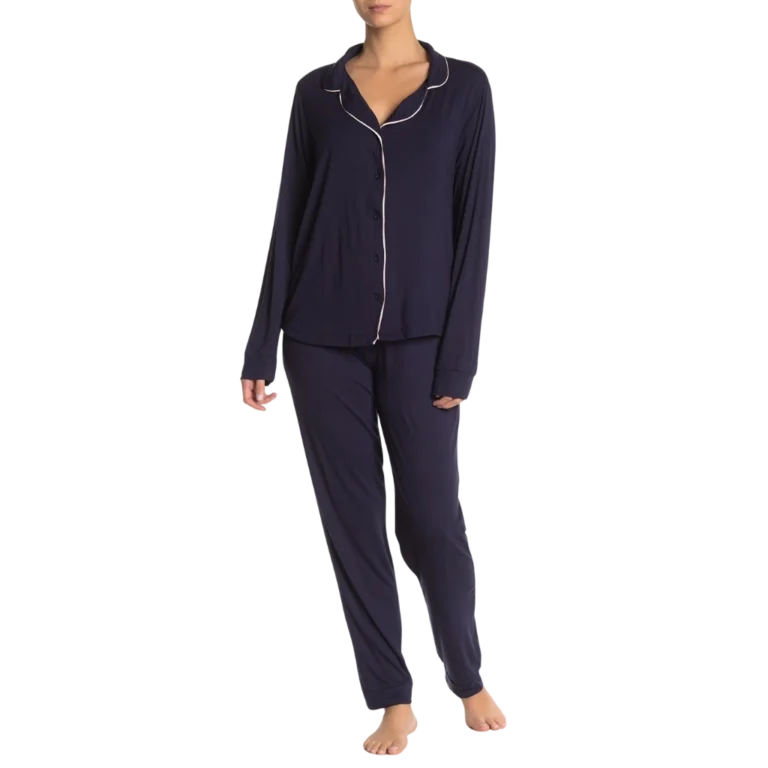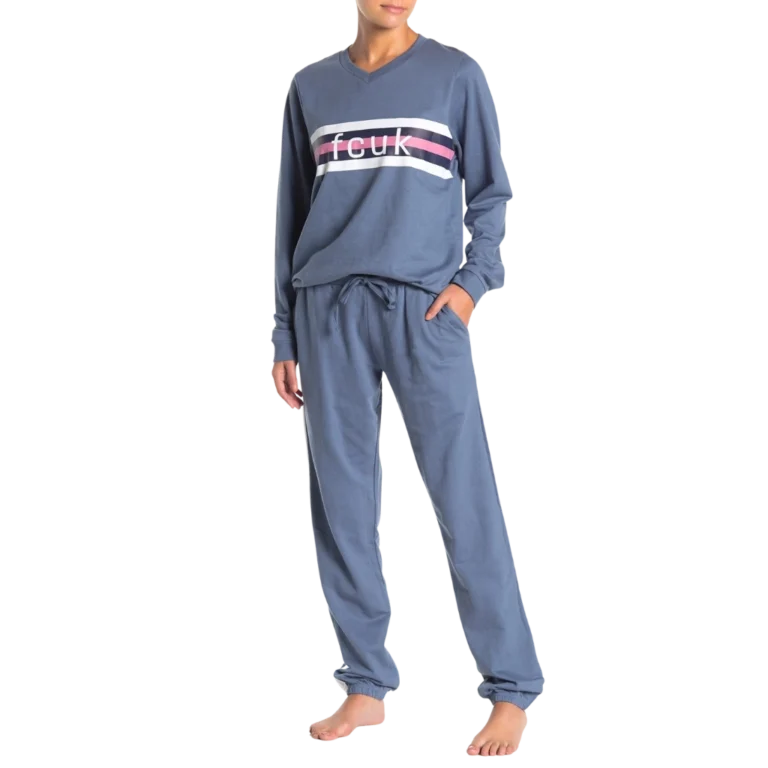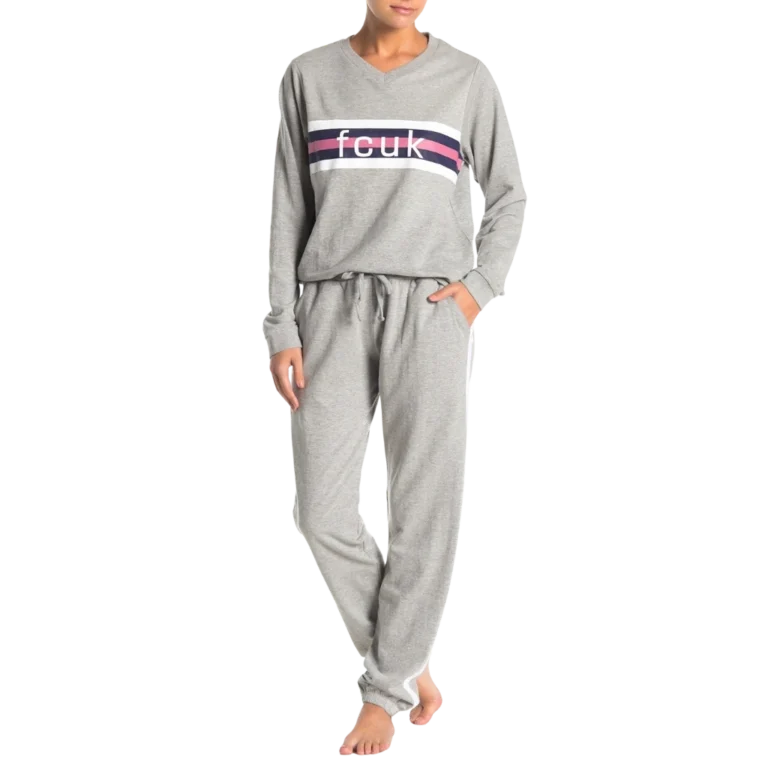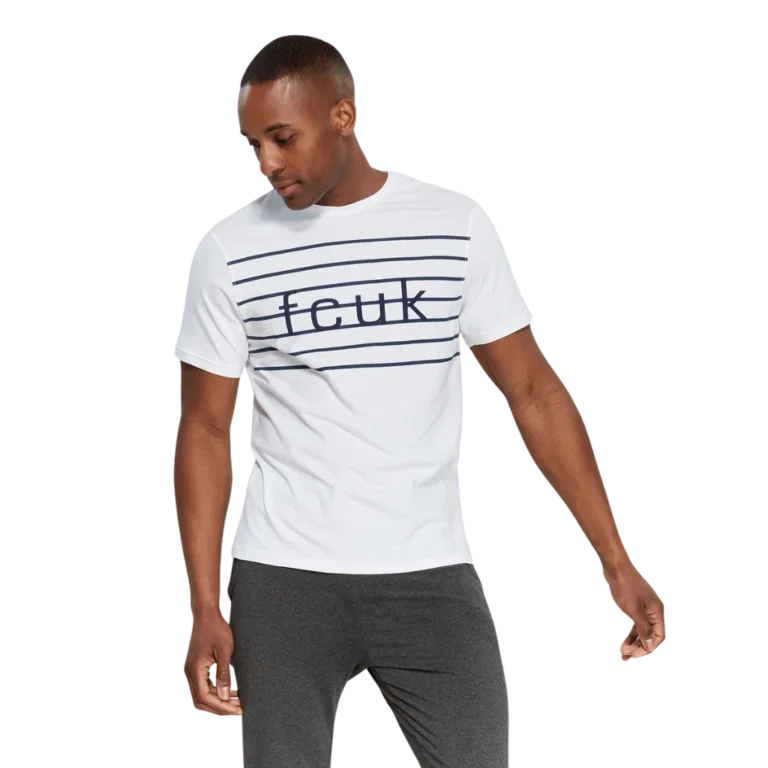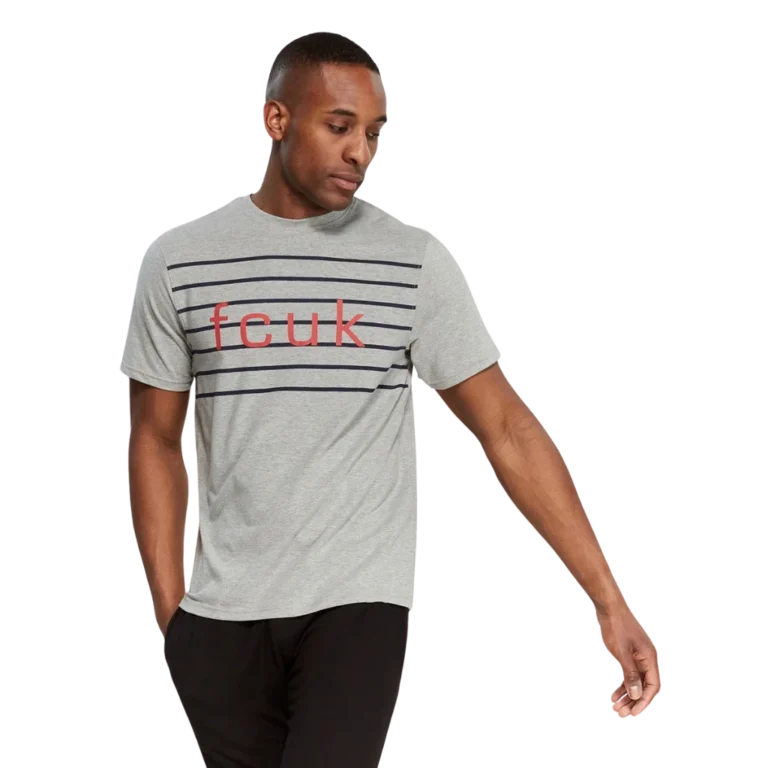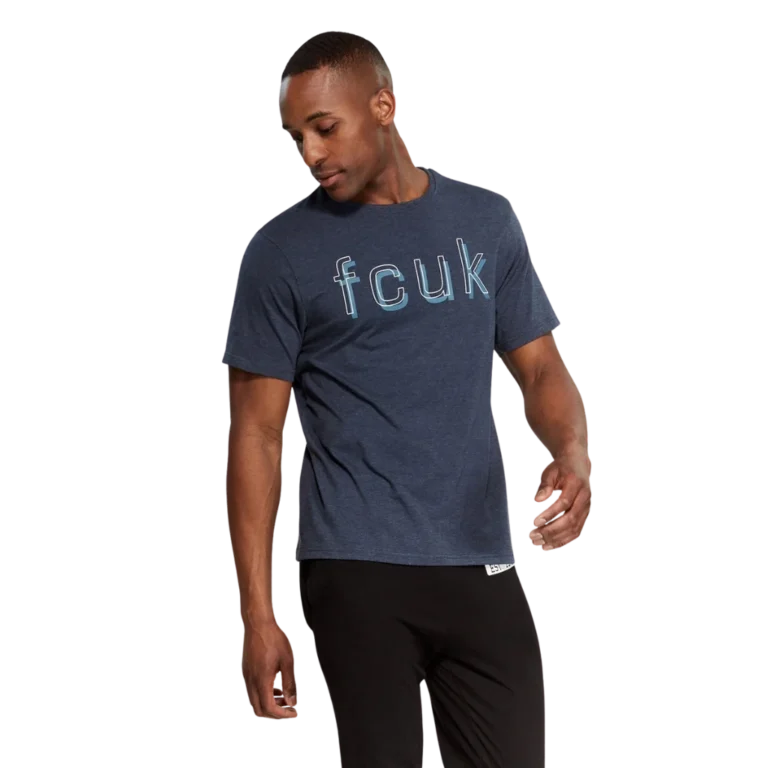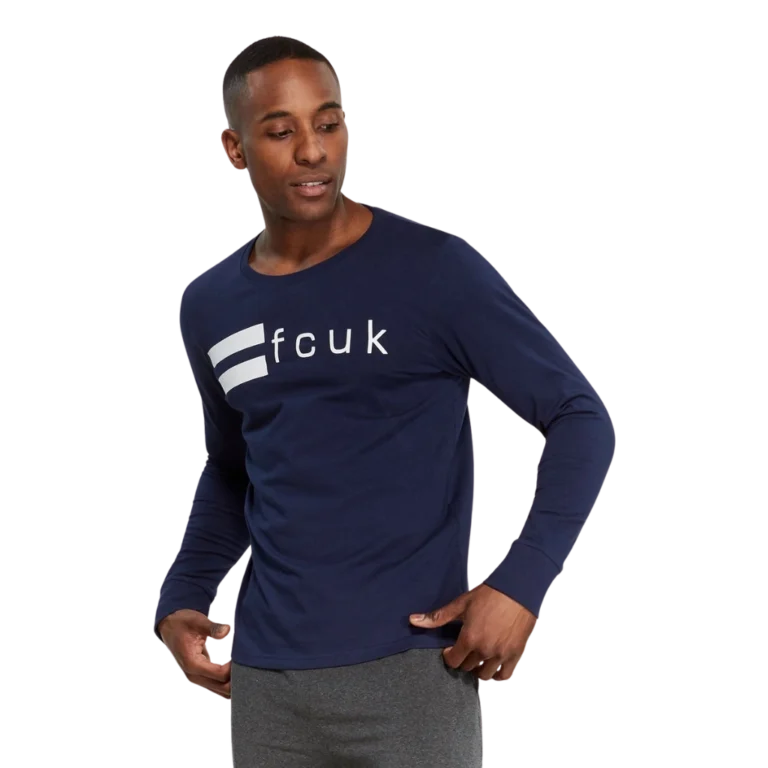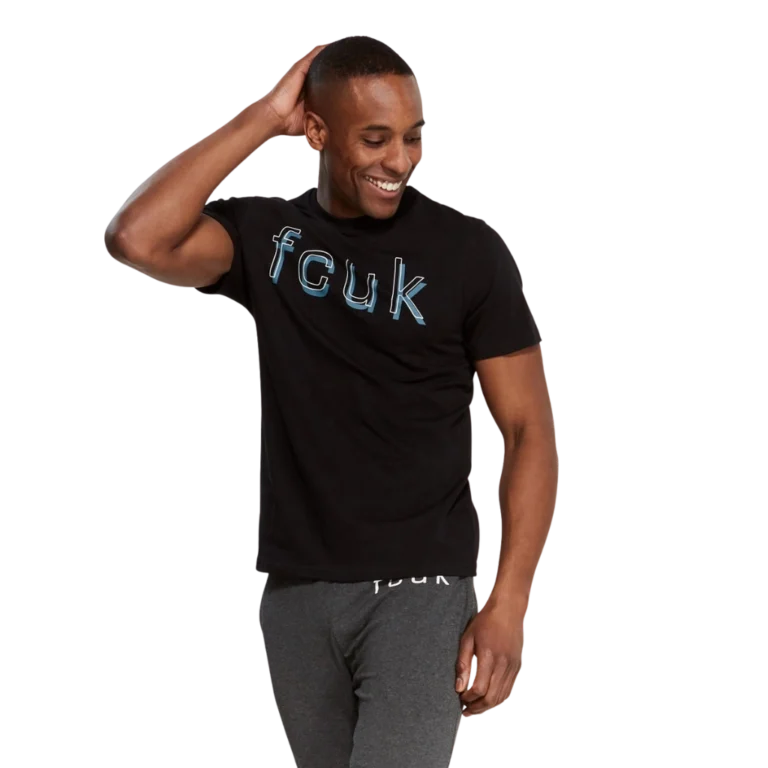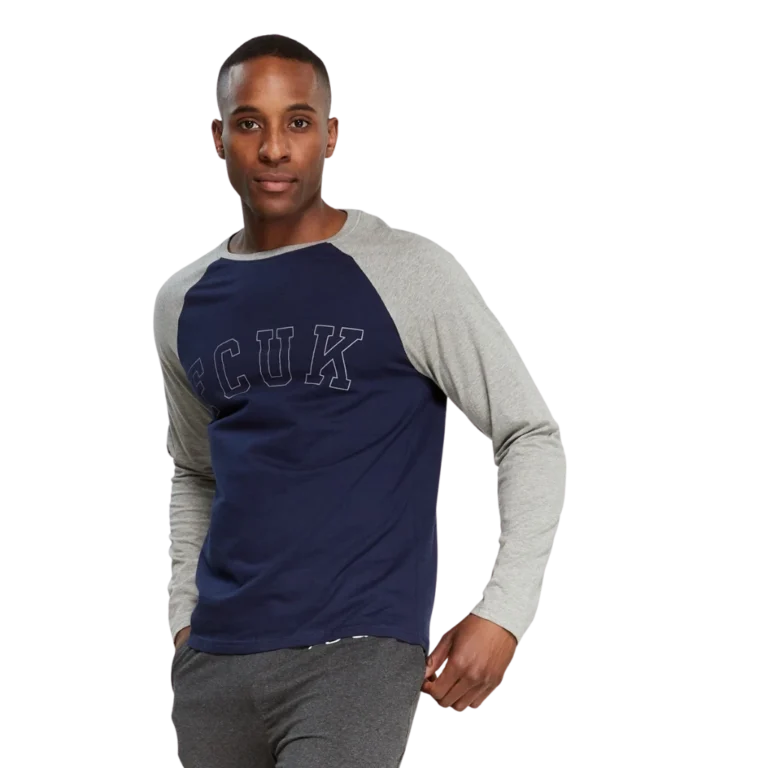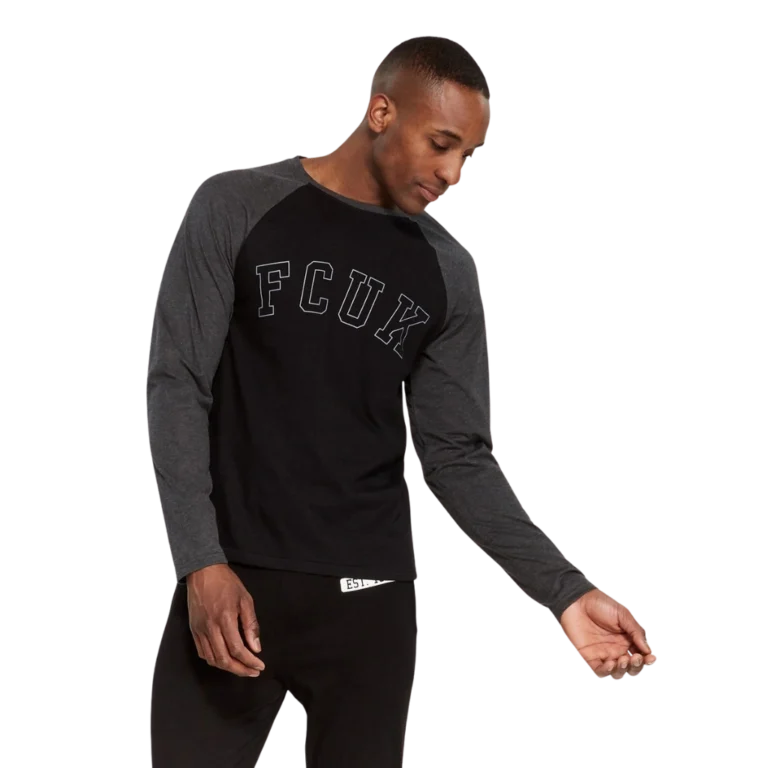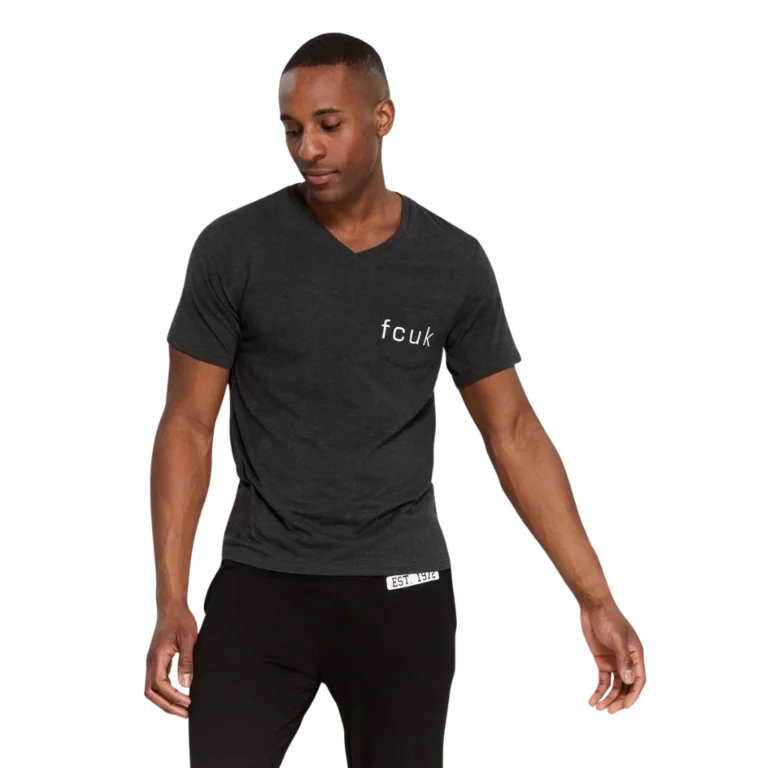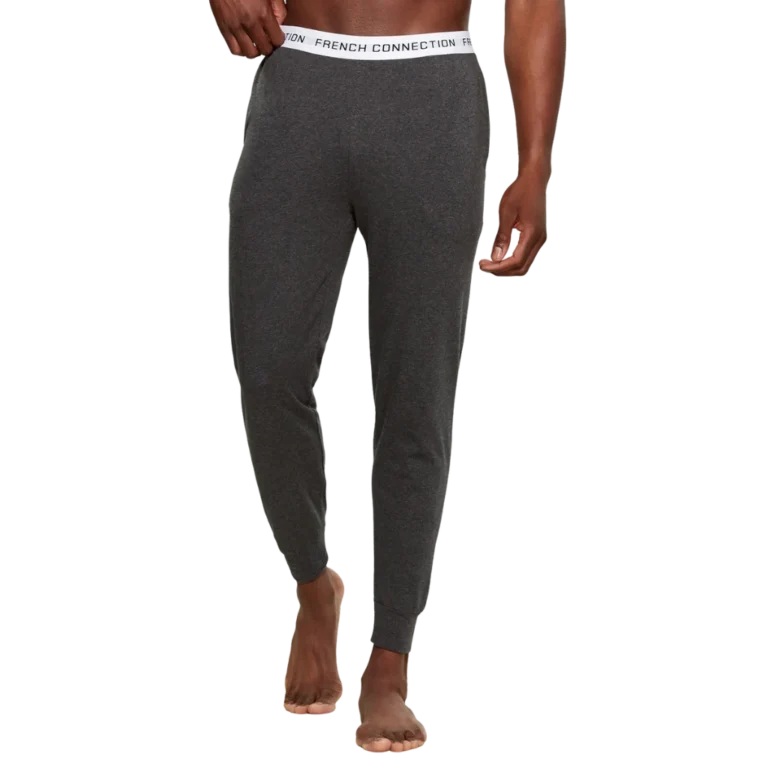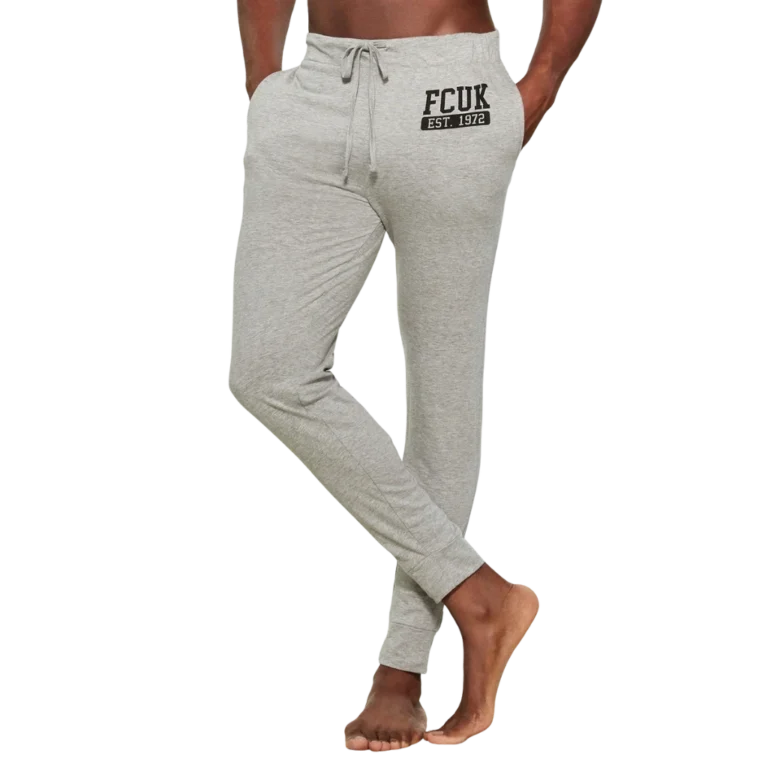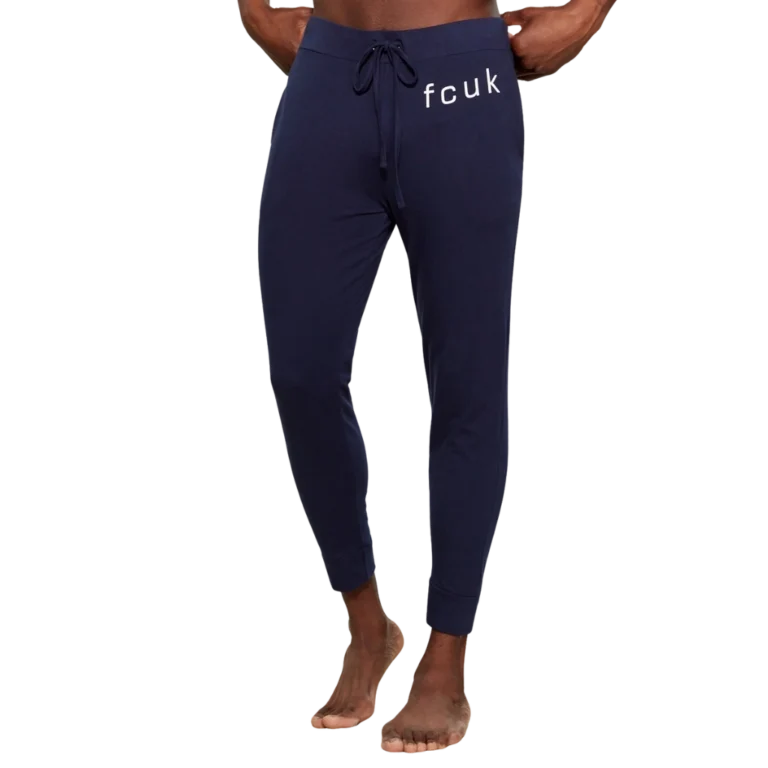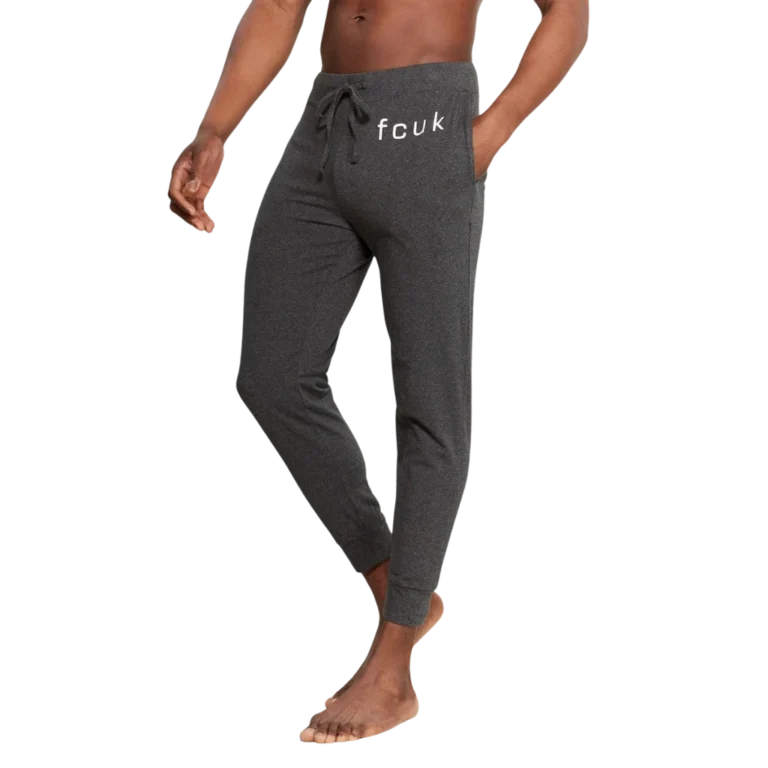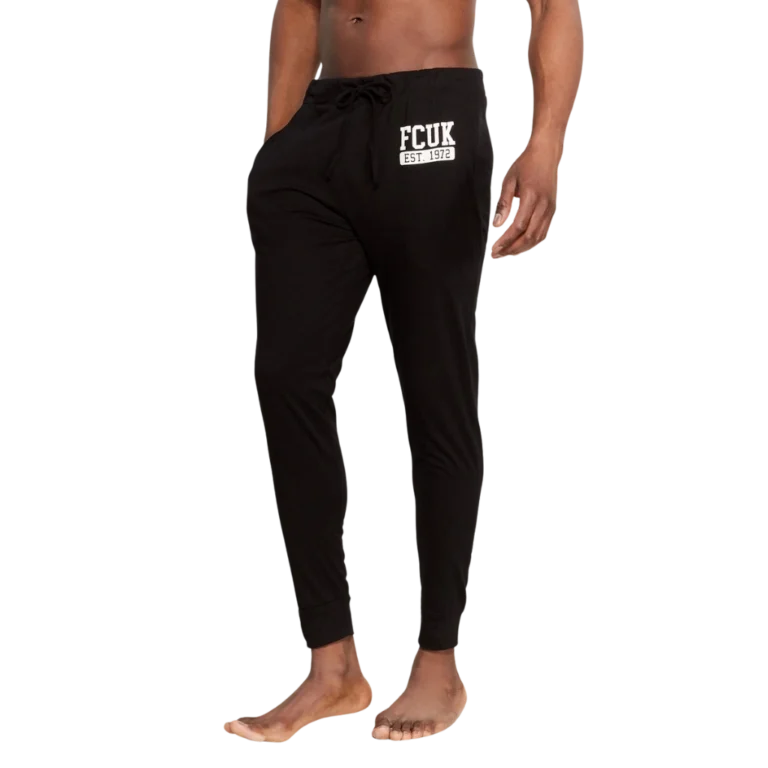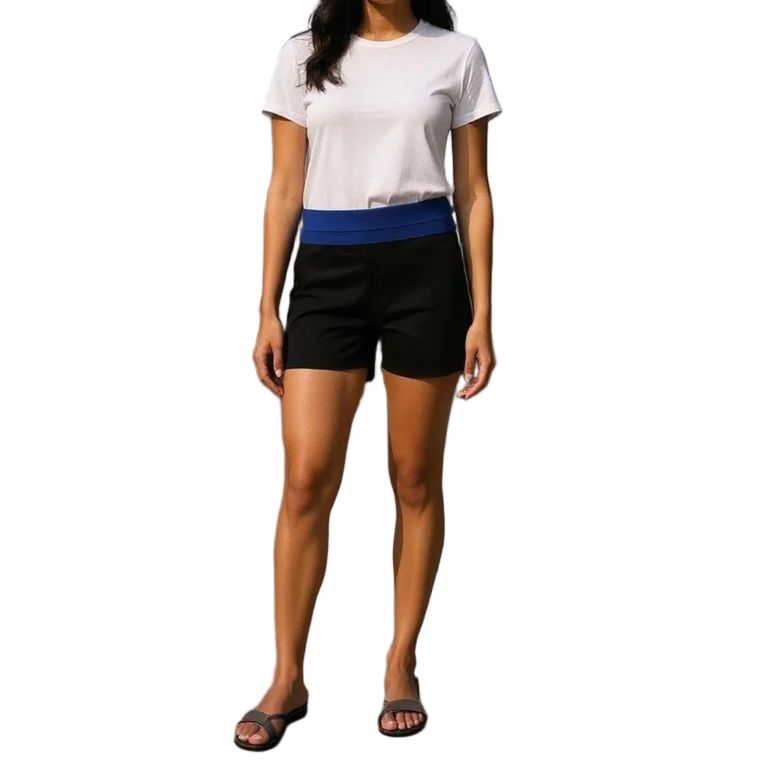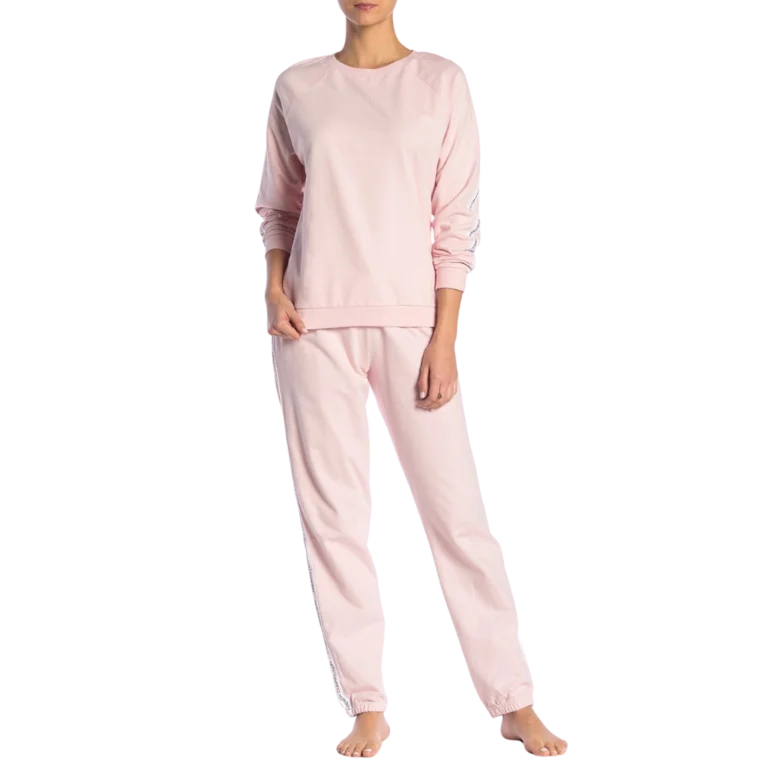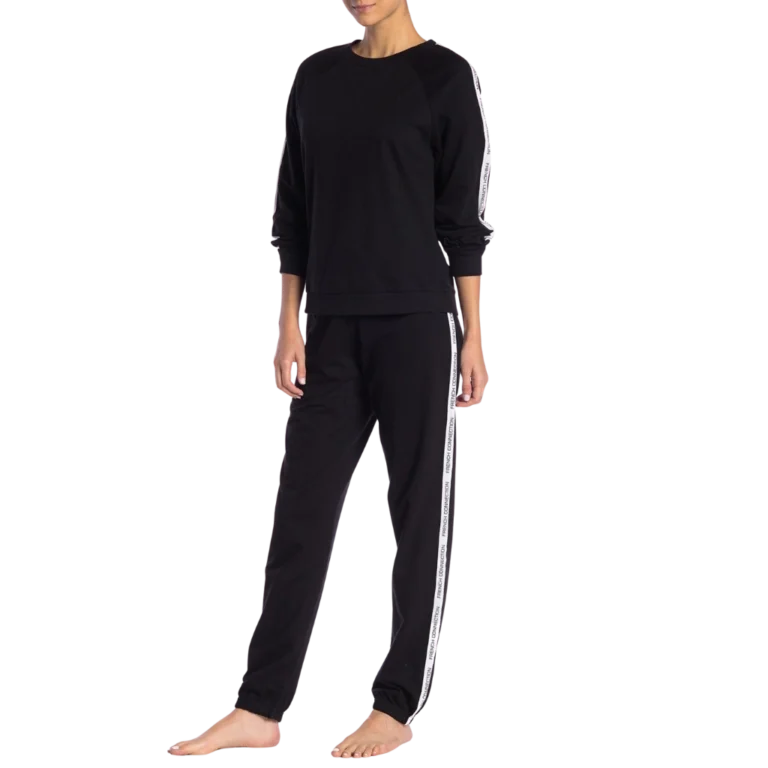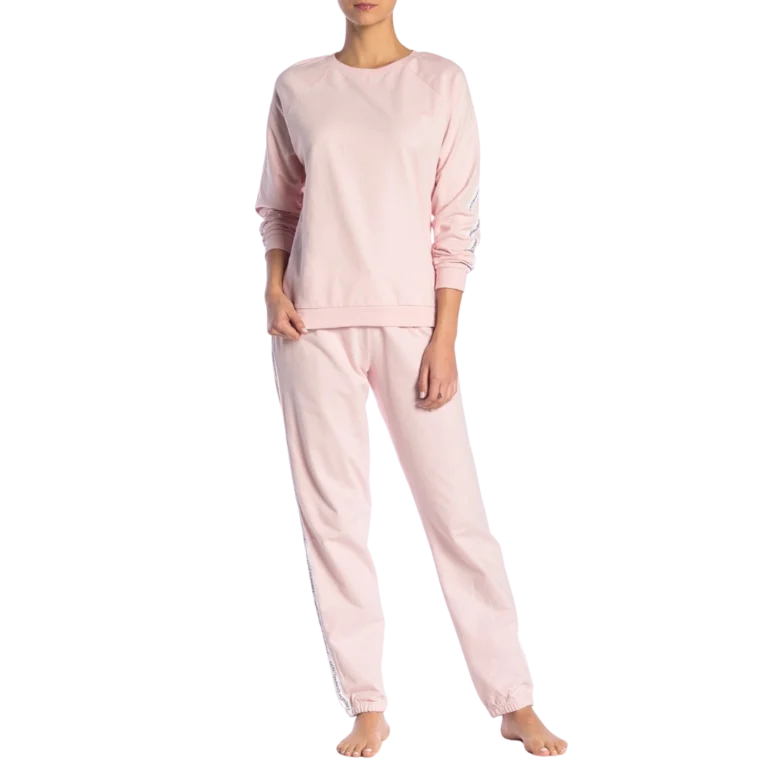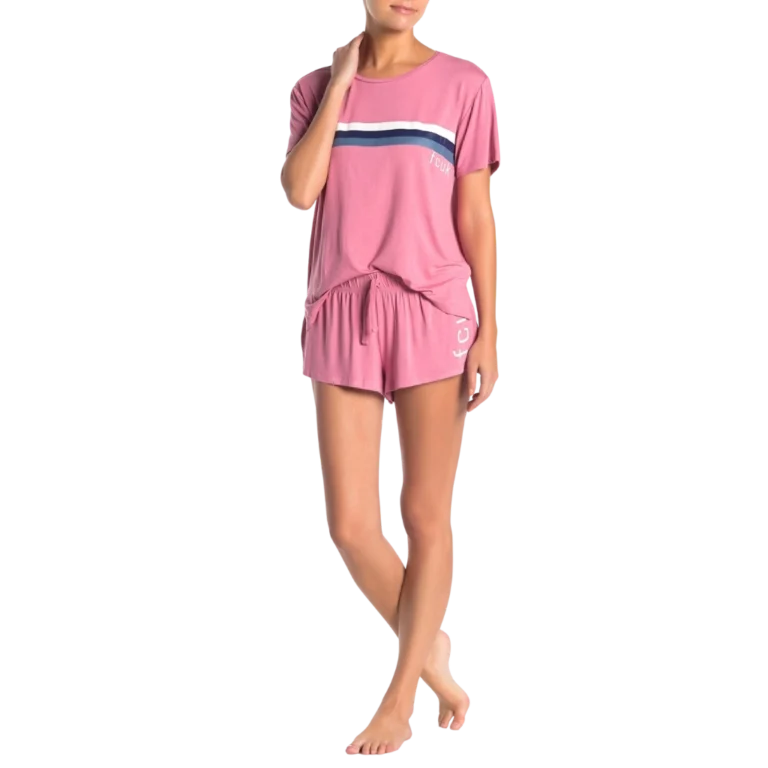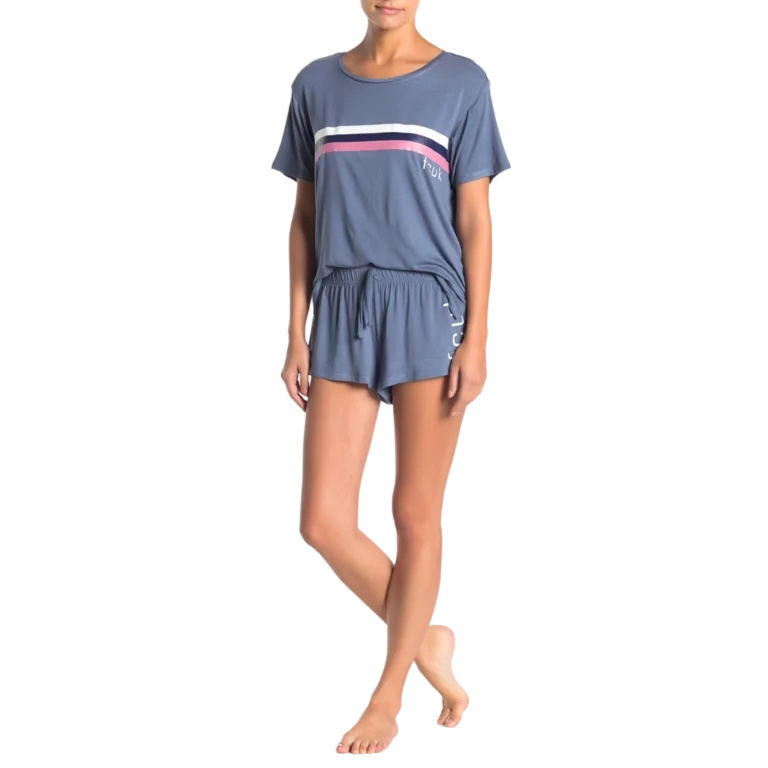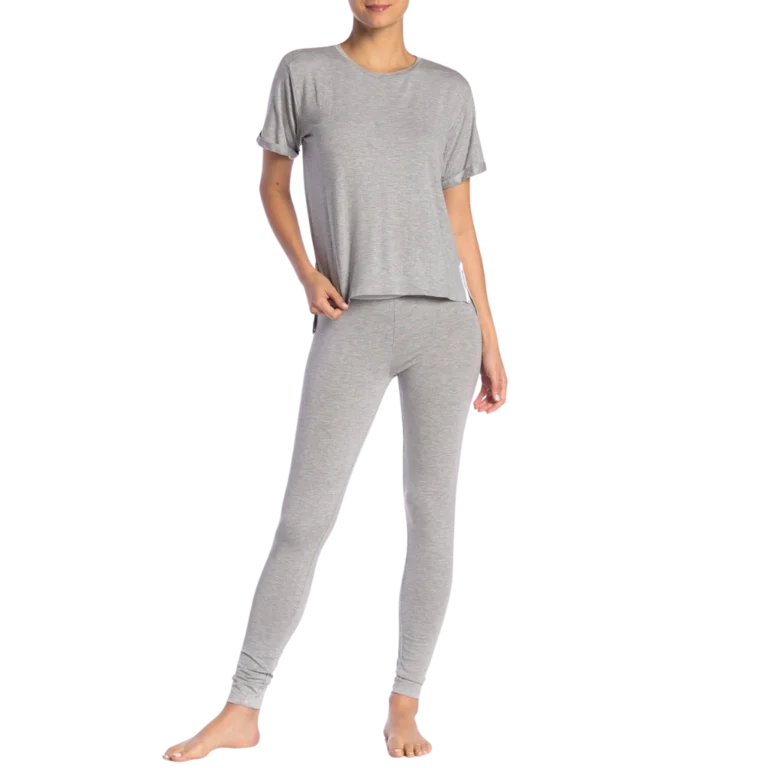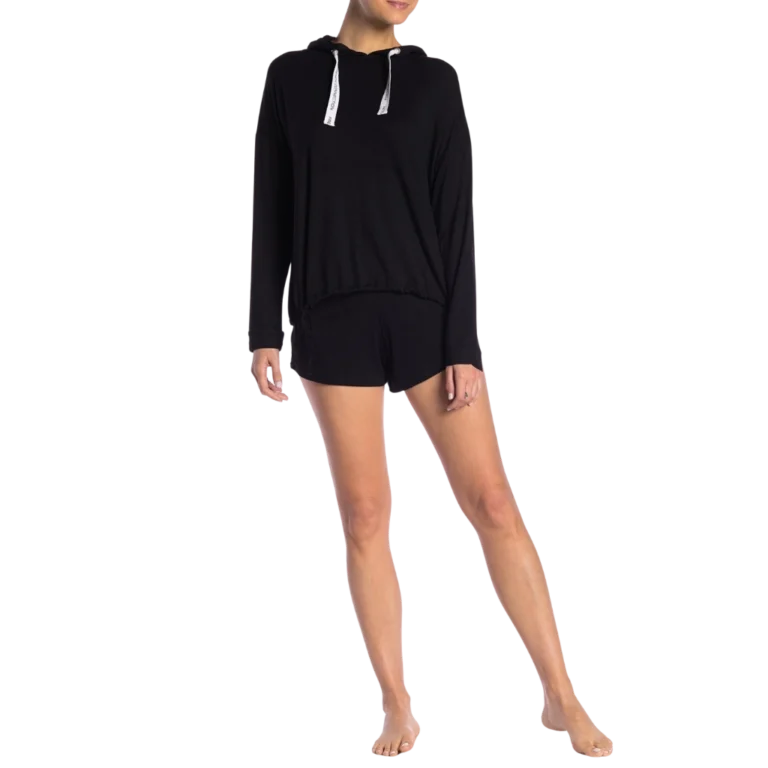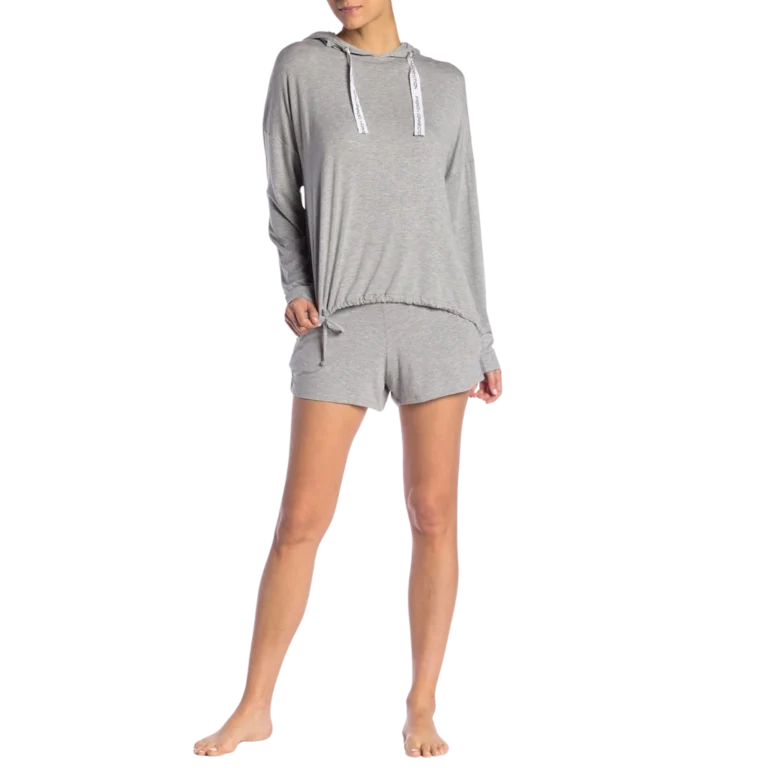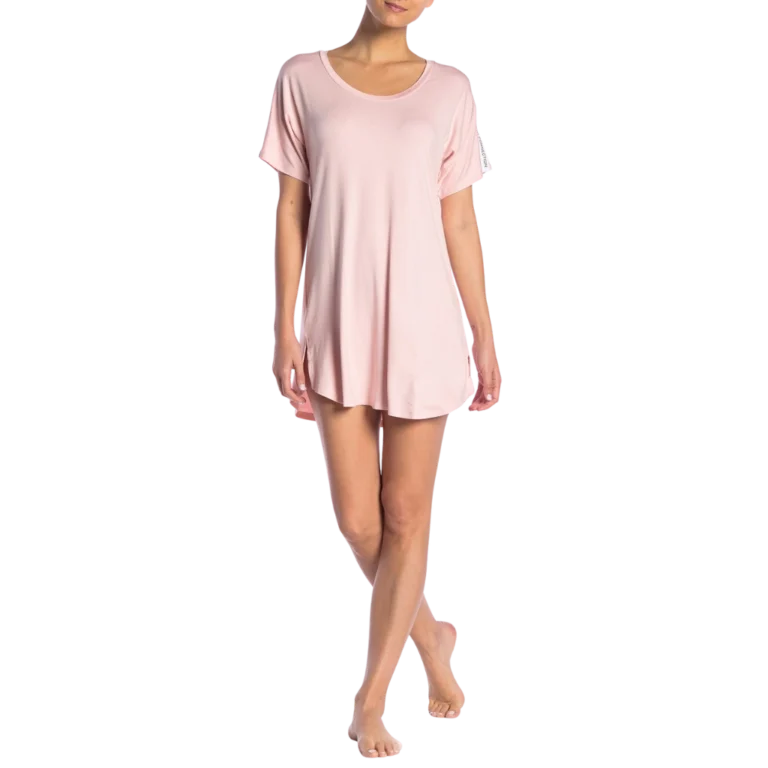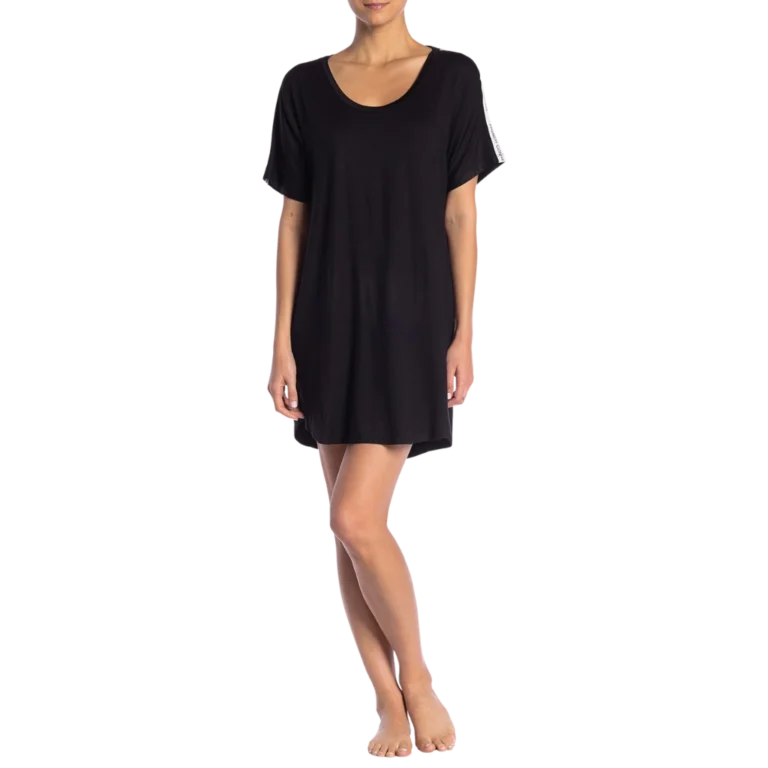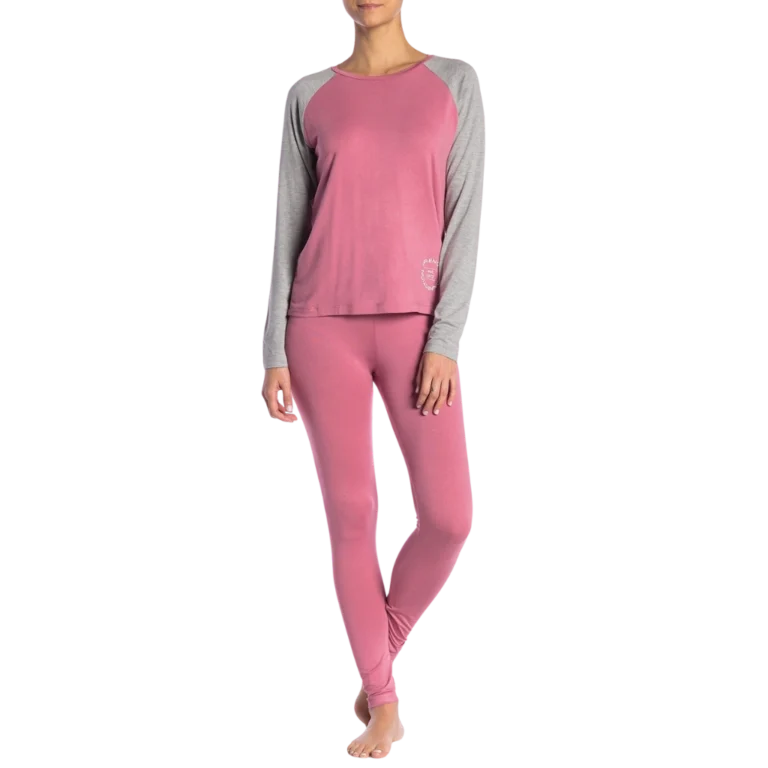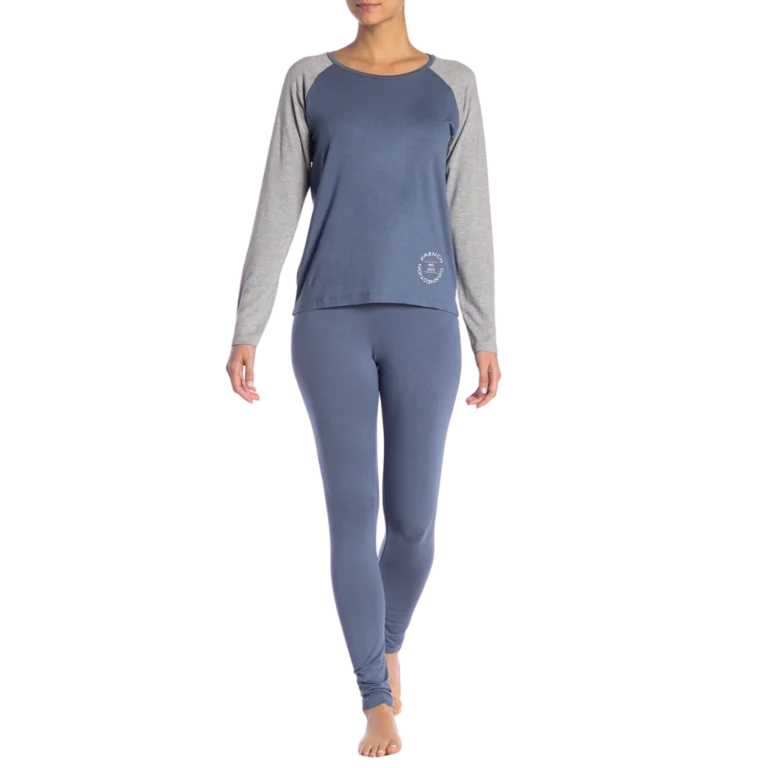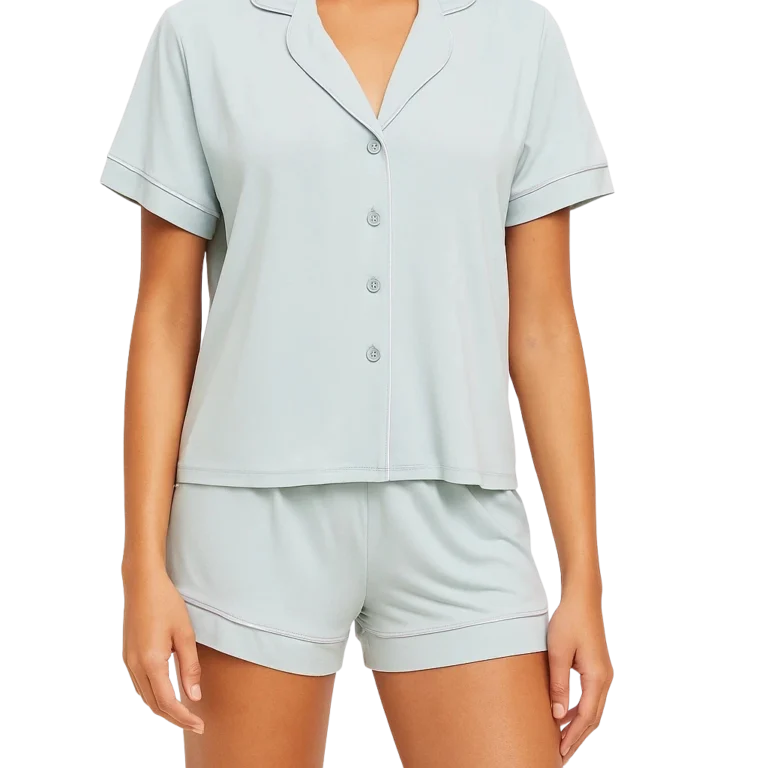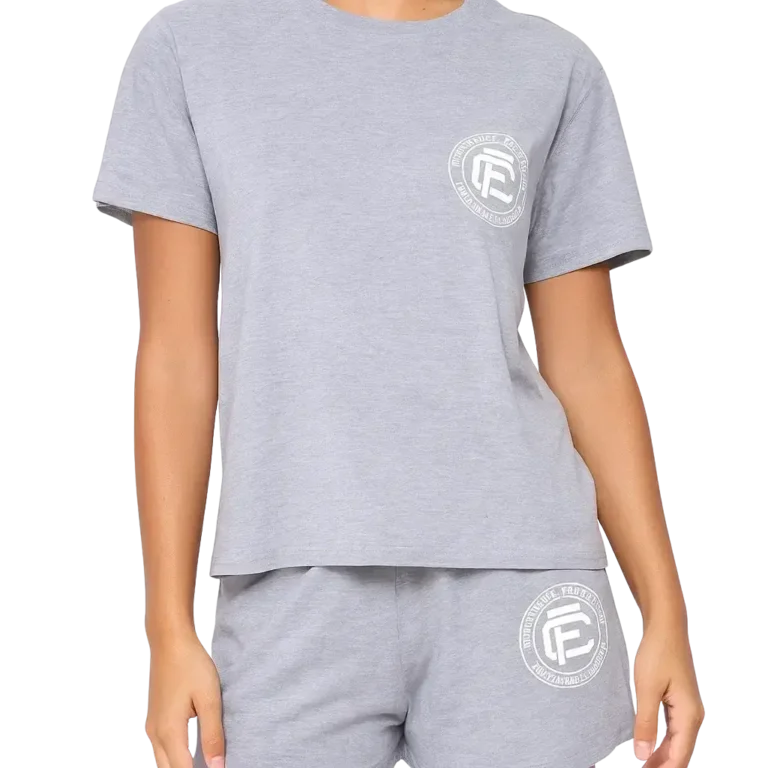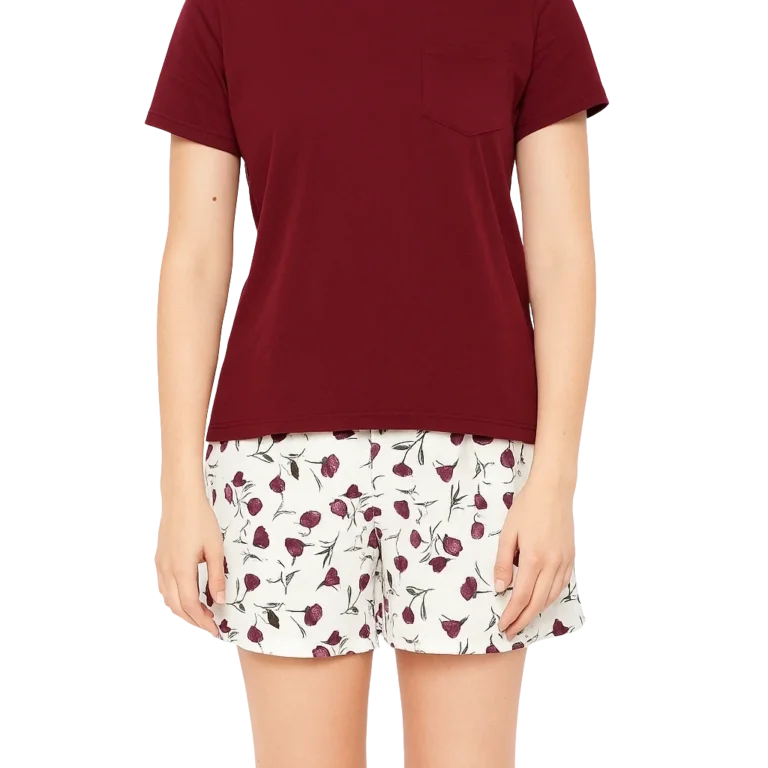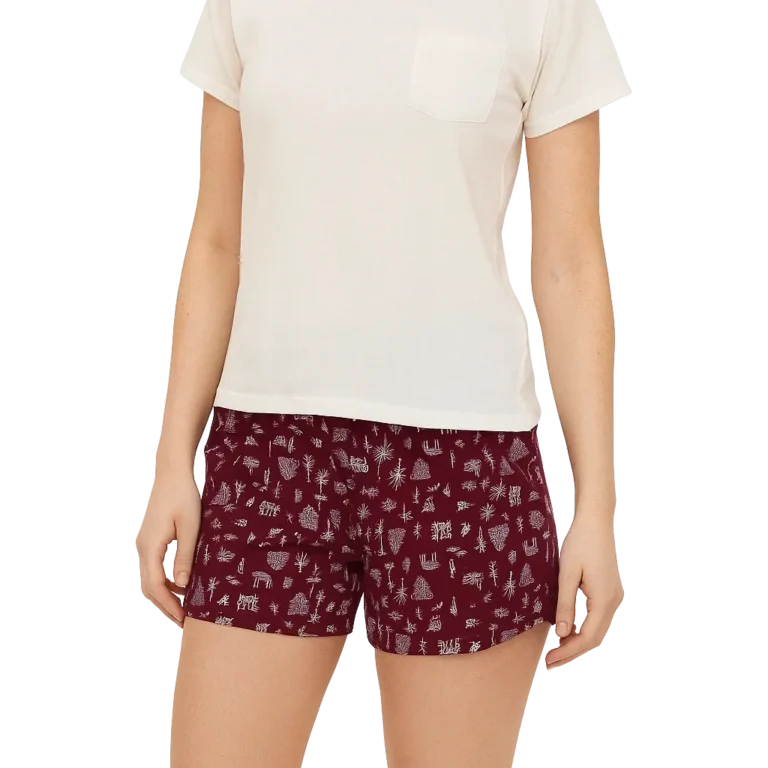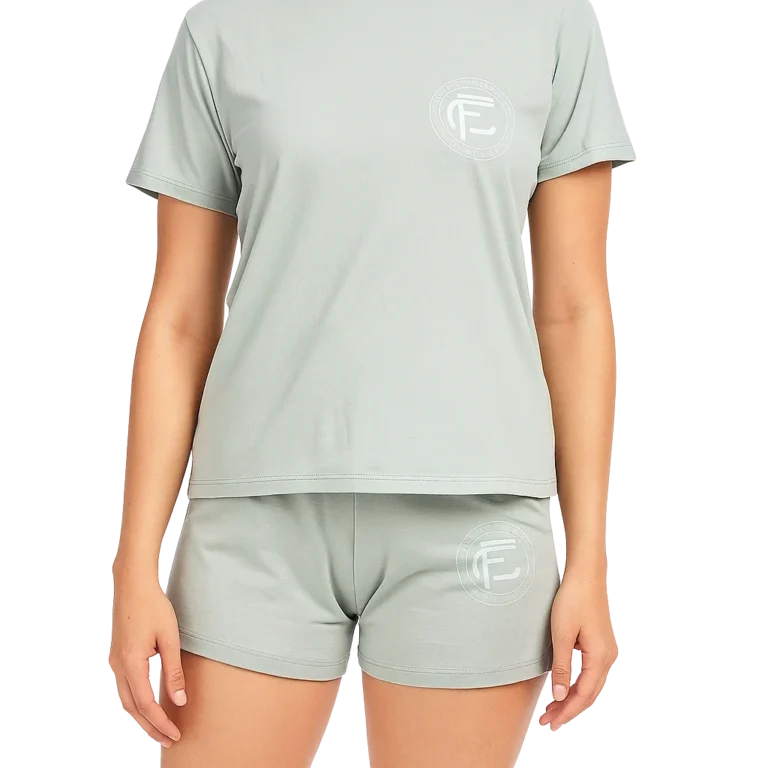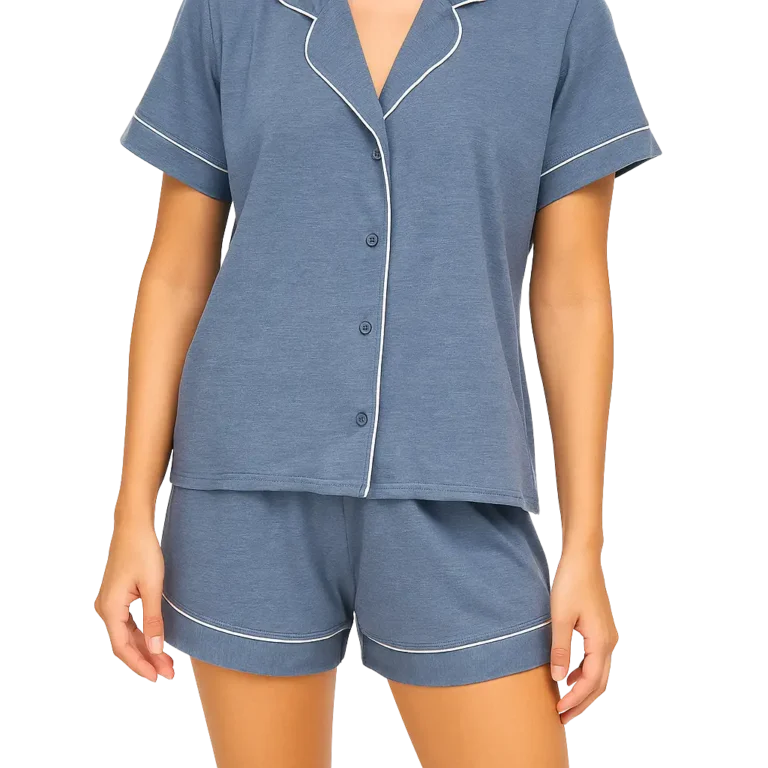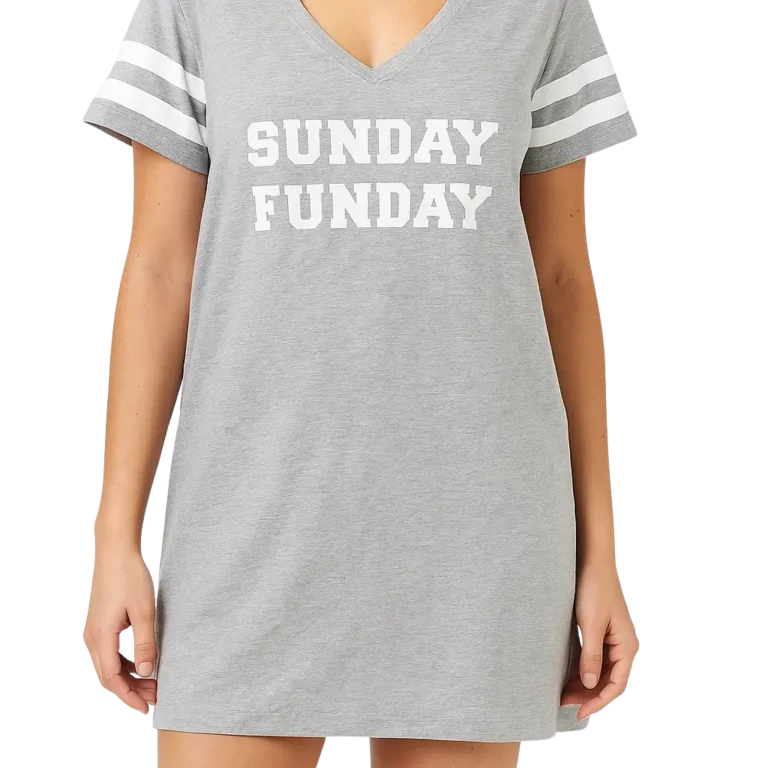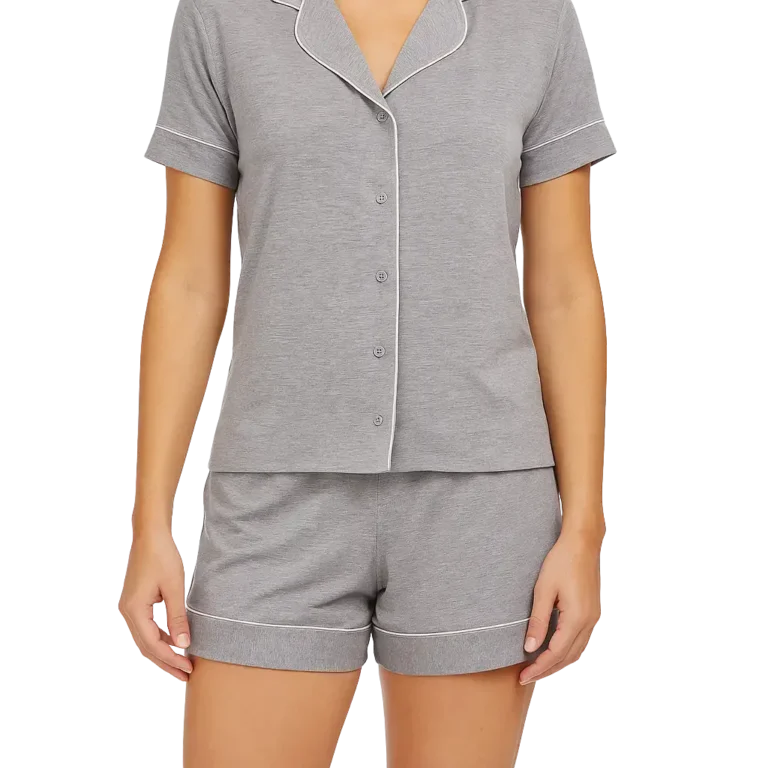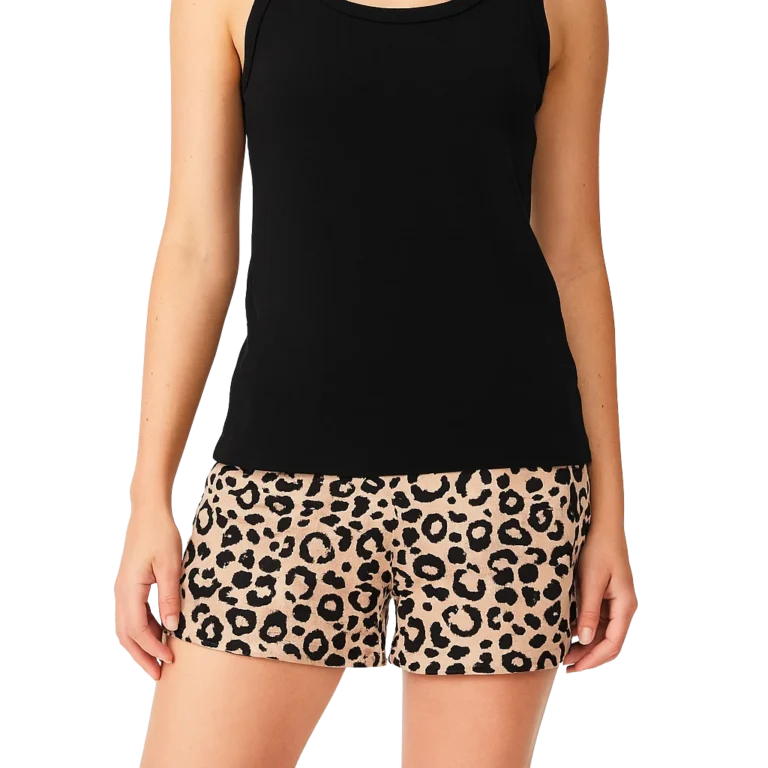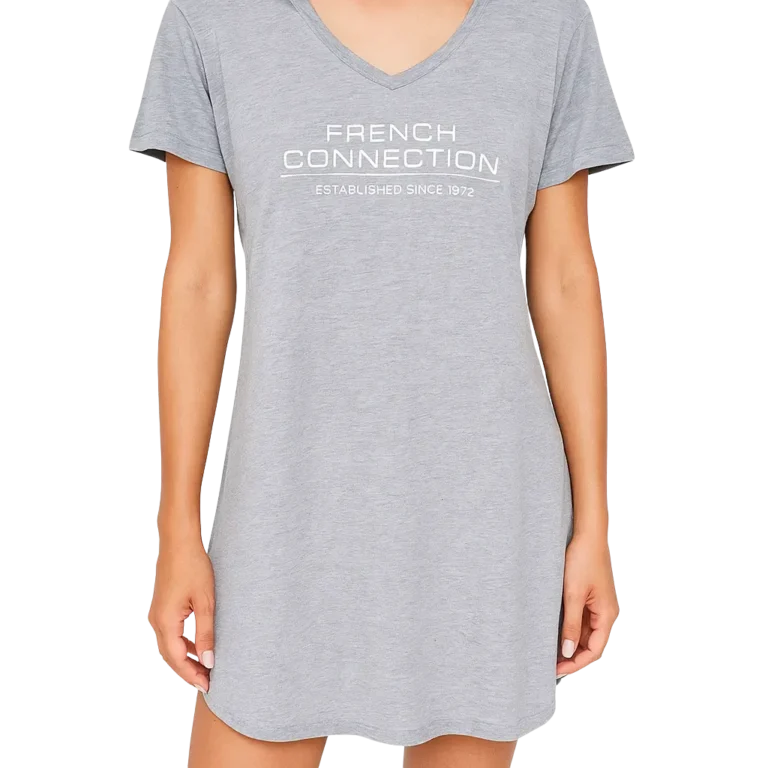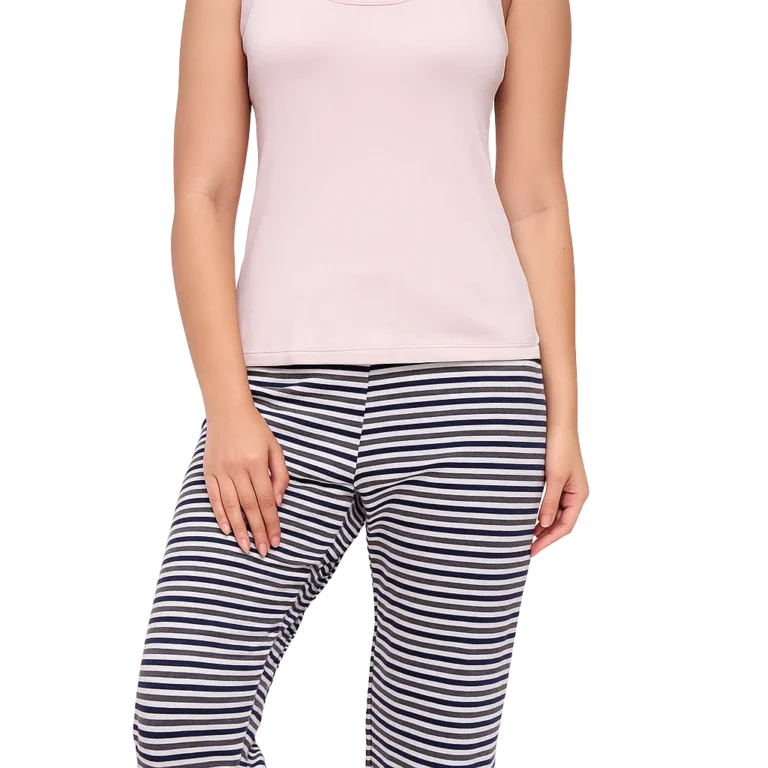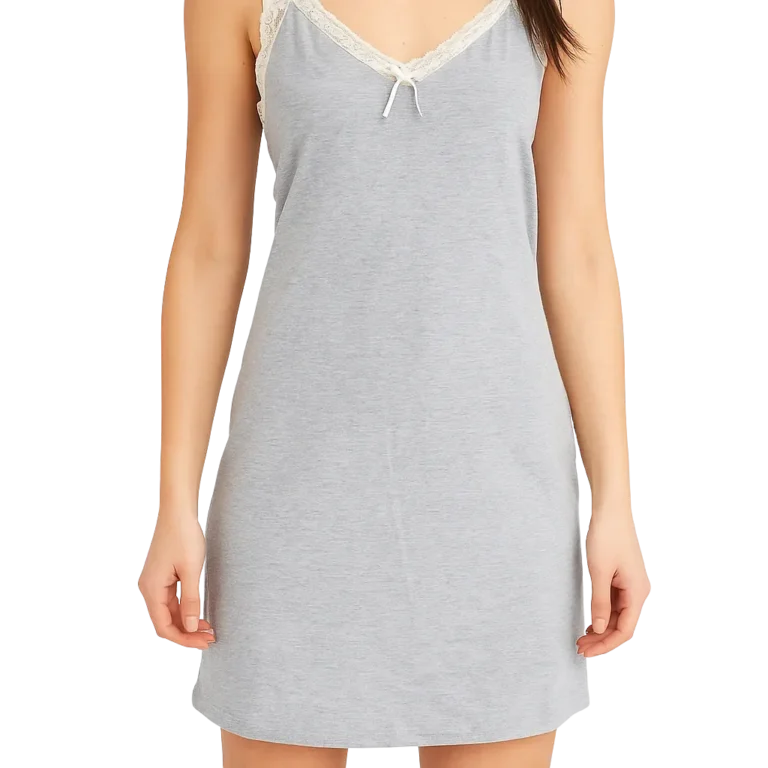Introduction: Why the Right Private Label Partner Matters
The global private label clothing market has expanded rapidly as brands seek more control over design, pricing, and sustainability. According to Statista, private label fashion is expected to exceed US $120 billion by 2027, with India emerging as one of the fastest-growing manufacturing hubs.
But the success of any private label brand depends heavily on the manufacturer behind it. Choosing the wrong partner can lead to supply-chain delays, inconsistent quality, and reputational loss.
This guide explains the top qualities to look for in a private label clothing manufacturer, combining insider experience from Tiruppur’s knitwear industry and real-world sourcing insights.
1. Demonstrated Experience with Global Clients
A seasoned manufacturer understands not only fabrics and stitching but also international expectations.
Factories that export to the USA, UK, and EU follow different sizing, packaging, and documentation standards than those serving only the domestic market.
Ask potential partners for:
Export references or shipment records.
Photos or case studies of similar product categories.
Experience handling your target fabric types (cotton-spandex, modal, recycled blends, etc.).
An experienced exporter anticipates challenges – from fit tolerances to customs paperwork – and resolves them before they become problems.
2. Strong Product-Development & Sampling Capabilities
Private label success begins with product development.
A manufacturer with an in-house sampling team can interpret your tech pack, convert it into a working pattern, and deliver prototypes quickly.
Key markers of a reliable sampling division:
CAD pattern-making software and digital grading.
Dedicated fit technicians.
A defined lead time (5 – 7 working days).
Transparent sample costing.
Quick, accurate sampling saves weeks in pre-production and builds confidence that bulk orders will match approved fits.
3. Fabric Knowledge & Sustainable Sourcing
Fabric is the soul of any private label collection.
Look for manufacturers who provide fabric library access – offering options such as:
| Fabric Type | Ideal Use | Notes |
|---|---|---|
| 100% Combed Cotton Jersey (180–240 GSM) | Premium T-shirts | Breathable, durable |
| Cotton-Modal Blend | Loungewear | Soft hand-feel |
| Recycled Polyester + Spandex | Activewear | Moisture-wicking |
| Organic Cotton Interlock | Sleepwear | GOTS-certified |
Factories that can source OEKO-TEX®, GOTS, or BSCI-certified fabrics strengthen your compliance readiness for European and North-American retail channels.
For emerging brands, sustainable materials also boost storytelling and SEO visibility under keywords like “ethical fashion supplier India.”
4. Flexible MOQ & Scalable Production
Many new labels struggle with high minimums.
An agile manufacturer offers low MOQ apparel manufacturing – typically 250 – 300 pcs per color per style – while maintaining scalability for future growth.
Factories that handle both pilot runs and bulk orders demonstrate real versatility. This flexibility minimizes unsold inventory risk and aligns perfectly with modern, demand-driven fashion models.
5. Transparent Communication & Dedicated Merchandising
Communication gaps are the number-one cause of production delays.
Professional manufacturers assign a dedicated merchandiser to each client who:
Shares daily WhatsApp or email updates.
Confirms trims, prints, and packaging before bulk.
Provides production photos or short videos for visibility.
Clear written confirmations at each stage build trust and documentation – vital for multi-country projects.
6. Documented Quality Control (QC) System
Quality control is not optional – it’s measurable.
Request your manufacturer’s QC SOP (Standard Operating Procedure) or checklist. The most dependable factories follow a three-layer process:
Incoming inspection: Fabric GSM, colorfastness, shrinkage.
In-line checks: 10–15 % of pieces during stitching.
Final AQL inspection: Random sampling before packing.
Factories that use AQL 2.5 / 4.0 levels or third-party auditors like SGS, Intertek, or Bureau Veritas offer additional assurance for overseas buyers.
7. Ethical & Certified Manufacturing
Global buyers increasingly require social-compliance audits.
Choose partners certified by WRAP, Sedex, BSCI, or SA 8000. These standards verify safe working conditions, fair wages, and environmentally responsible processes.
Ethical production isn’t only good PR – it’s becoming a procurement requirement for major retailers. Working with certified units also simplifies your brand’s ESG reporting and marketplace approvals (e.g., Zalando Sustainability or Farfetch Conscious collections).
8. End-to-End Sourcing Support
A capable private label manufacturer manages the entire workflow:
Fabric procurement from reliable mills.
Printing / embroidery through audited sub-units.
Labeling & packing customized to brand guidelines.
Shipping documentation prepared for exports.
This “single-window” model removes friction for your team.
For example, Mirthuni Apparel Sourcing Service coordinates these processes through 40 + partner factories in Tiruppur, ensuring consistent quality control across categories like T-shirts, loungewear, and sleepwear.
9. Logistics, Shipping & Documentation Expertise
Efficient manufacturers understand international logistics.
They can quote FOB prices, arrange air or sea freight, and share all necessary paperwork:
Commercial Invoice
Packing List
Certificate of Origin
Form A / REX statement (for EU buyers)
Accuracy here prevents customs delays and hidden costs.
A partner experienced in export documentation ensures your goods move smoothly from factory to storefront.
10. Data & Digital Transparency
In today’s connected supply chain, digital readiness is a must.
Progressive factories maintain:
Shared Google Drive or Dropbox folders for tech packs.
Digital QC reports with timestamps.
Live production dashboards or simple Excel trackers.
Transparency through data builds accountability – a critical factor for remote buyers managing multiple vendors.
11. Financial Stability & Integrity
Financial discipline often reflects operational reliability.
Seek factories with transparent payment terms (usually 50 % advance + 50 % before dispatch) and valid business credentials – GST certificate, IEC, DUNS, or REX registration.
This ensures compliance with your bank’s documentation needs and simplifies international remittance processing.
12. Partnership Mindset for Long-Term Growth
Beyond metrics and machinery, look for a team that invests in your brand’s growth.
An ideal manufacturer suggests better fabrics, shares market feedback, and celebrates your success.
That partnership approach turns a supplier relationship into a strategic extension of your brand.
For brands aiming to build sustainable, long-term manufacturing relationships, relying on private label clothing manufacturing support in India enables better alignment across product development, quality control, and scaling strategies.

Conclusion: Building Your Brand on the Right Foundation
Selecting the right private label clothing manufacturer is a strategic decision, not a transactional one.
The best partners blend:
Proven export experience,
Sampling innovation,
Ethical certifications, and
Reliable communication.
India’s manufacturing hubs – particularly Tiruppur – continue to offer a rare mix of small-batch flexibility and export-grade quality, making them ideal for emerging and established private label brands alike.
If your next collection demands precision, sustainability, and scalability, connect with a partner that meets these standards – and watch your private label brand grow with confidence.
